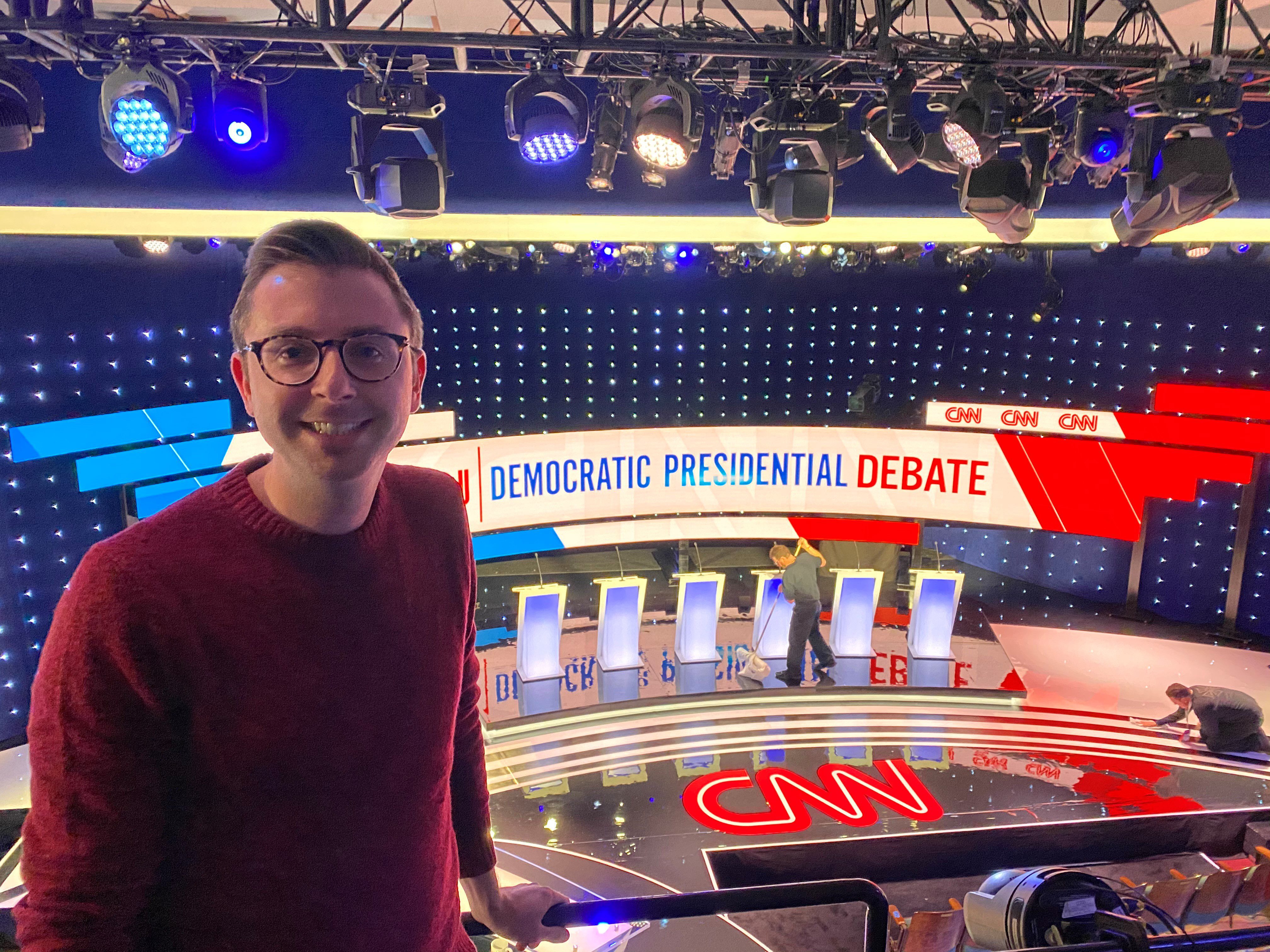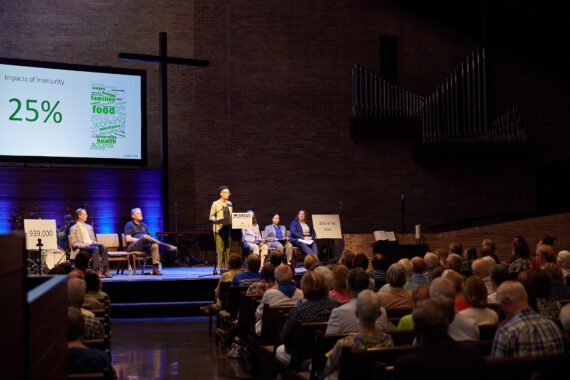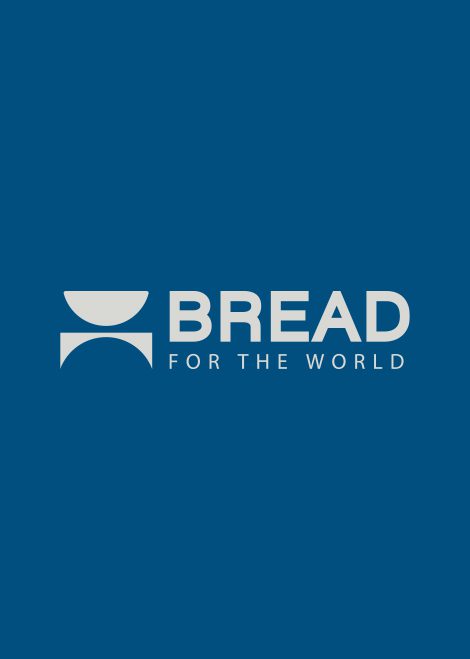By Chet Jechura
The state of Iowa enjoys a prominent place in the American political process. It is often said that the road to the White House begins in Iowa. However, given its lack of racial diversity, many Americans are voicing concern over whether Iowa should officially kick-off the presidential primary contest. Whether mounting public pressure causes a change is still to be determined, but one thing is certainly clear: Iowans have incredible access to the candidates. And with their direct access comes a great moral responsibility.
I was recently in Iowa in advance of the caucuses on an immersion with fellow seminarians from Wesley Theological Seminary. The immersion was designed to enhance our experiential understanding of how faith communities in Iowa engage with the various presidential campaigns, keeping them honest and holding them accountable to the common good and social justice vision of the gospel.
For years, Bread for the World members have done just that. Bread members have witnessed faithfully through their phone calls, tweets, petitions, letters, emails, and conversations with candidates and elected officials, to the necessity of addressing the moral issues of hunger and poverty on both the campaign trail and debate stage. Through coalitions like the Circle of Protection, Bread has consistently asked the candidates to make a short video explaining what they will do as president to end poverty and hunger.
On the day before the Democratic presidential debate at Drake University in Des Moines, I had the opportunity to meet with Wolf Blitzer, the famed journalist and anchor with CNN who would later serve as the debate’s co-host.
Inspired by the hopeful and persistent witness of Bread’s members, I felt God calling me to invite Blitzer to ask the Democratic presidential candidates what they planned to do to end hunger and poverty. And I did, noting the names of the candidates who had submitted videos to the Circle of Protection thus far and expressing to him that for years Bread members have advocated tirelessly for this necessary question to be asked on national television. Blitzer made a note and told me he would take it into consideration. Unfortunately, the question was not asked.
But we cannot let this get us down. Our witness continues and God is still at work. The Poor People’s Campaign continues to grow momentum and gain attention from the media, and this is a very good thing.
I firmly believe that a society that has eradicated poverty and hunger is truly a civil and humane society. I know that we can end hunger and poverty here in the United States and around the world. But we cannot do it without each other. We cannot do it without hope and persistence. And we cannot do it without the grace of God, who goes before us and behind us until we are drawn ever more deeply into God’s kin[g]dom, on earth as it is in heaven.
Chet Jechura is audience engagement manager at Bread for the World and a seminarian specializing in public theology at Wesley Theological Seminary in Washington, D.C. He is a certified candidate for ordination in The United Methodist Church.



